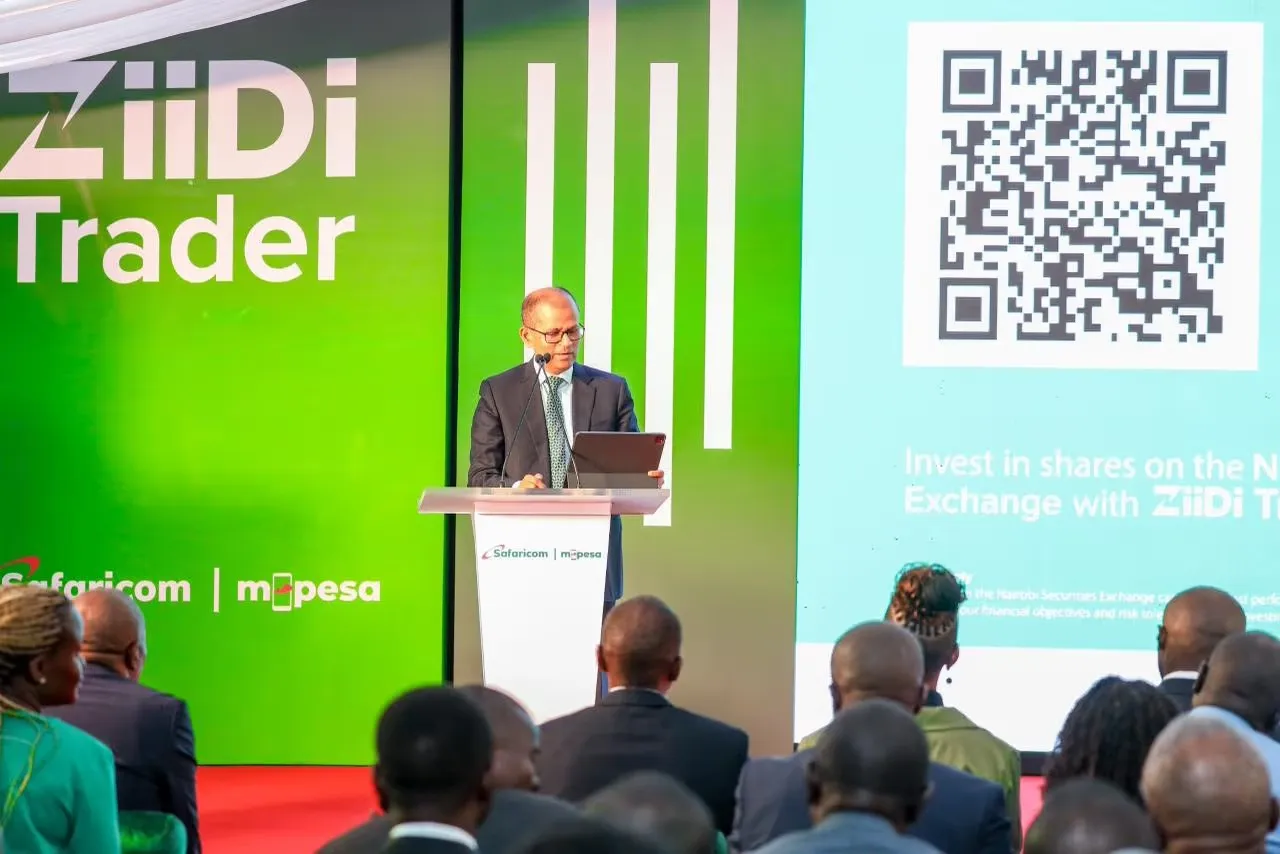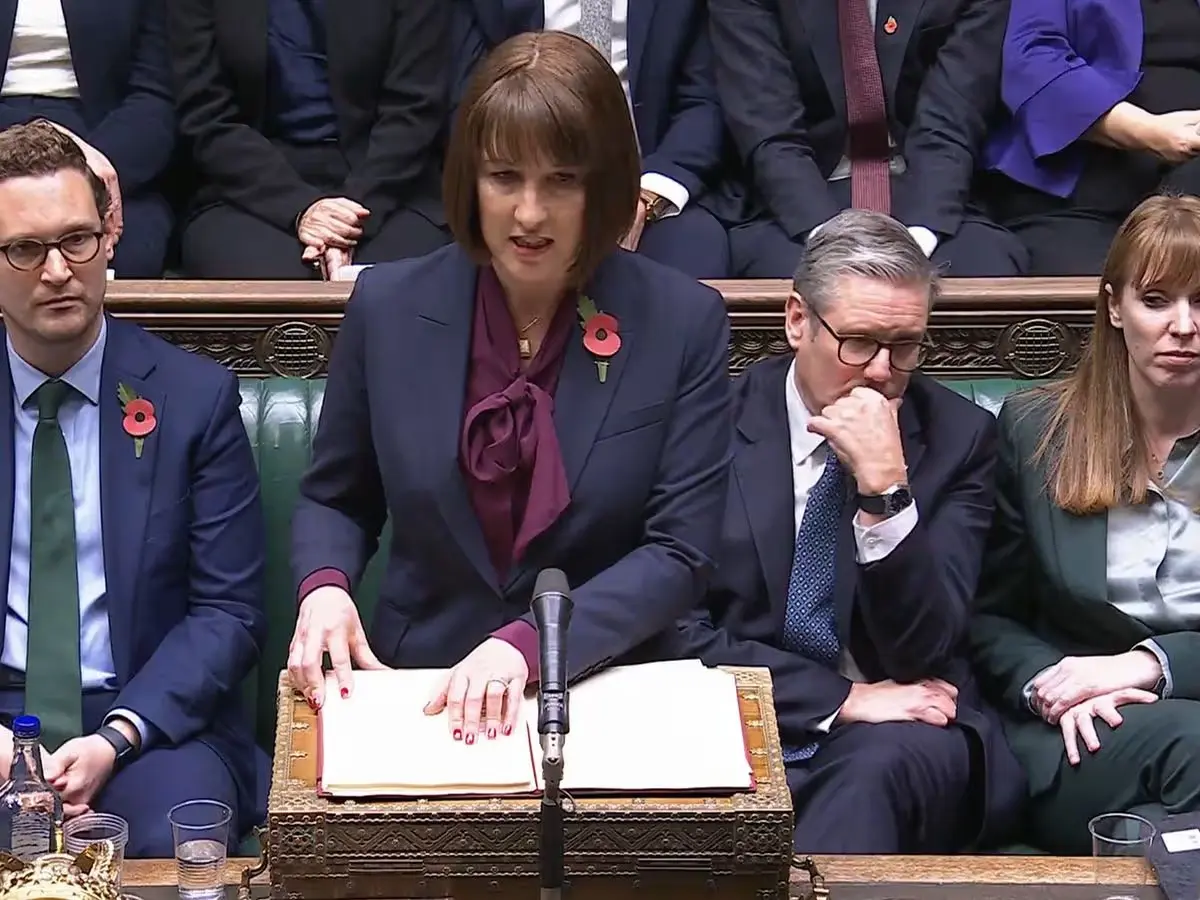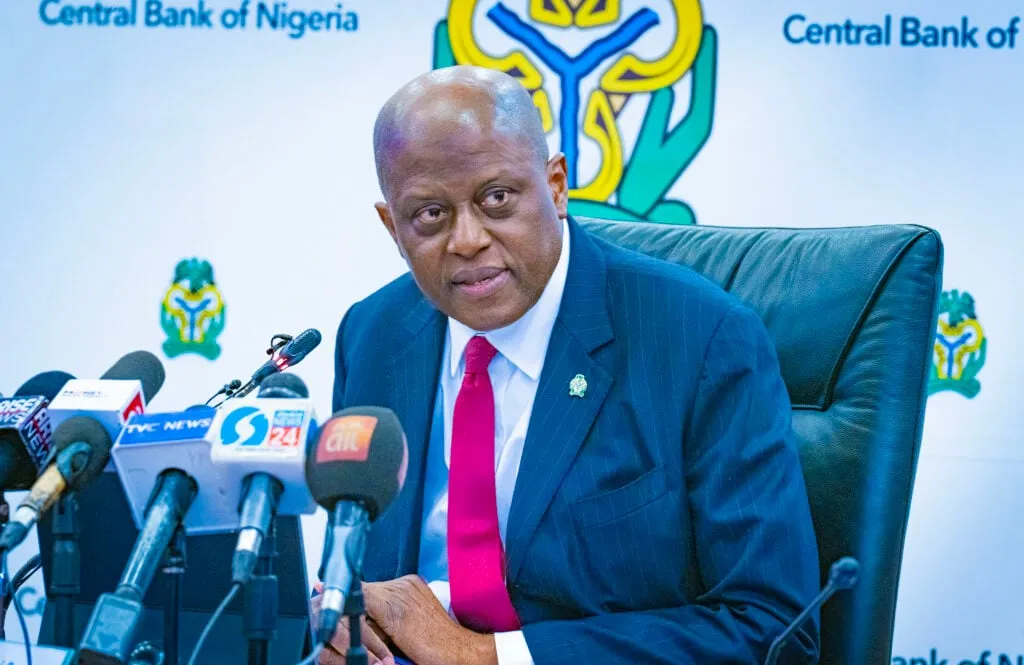In a powerful demonstration of Africa’s commitment to a sustainable future, the African Development Bank Group (AfDB) actively participated in the third edition of Africa’s Green Economy Summit (AGES), held in Cape Town, South Africa, from 18 to 21 February 2025. Hosted by the African Union (AU), this annual summit brought together a diverse array of policymakers, private sector leaders, experts, and international financiers to chart a course for a greener, more resilient Africa. With the summit’s theme, “Building a Climate-Resilient Africa: Catalysing Investment and Innovation in the Green and Blue Economies,” participants delved into critical issues ranging from climate finance and biodiversity to urban resilience and green industrialization.
A Platform for Pan-African Green Transformation
The summit concluded with a robust call to action urging African nations to implement policy reforms that foster an enabling environment for green investments and sustainable growth. This decisive message underscored the urgent need to mobilize resources, innovate, and collaborate across sectors to address the continent’s mounting climate challenges. As climate risks continue to escalate, the event highlighted that Africa’s path to sustainable growth is intertwined with its ability to attract both public and private investments dedicated to climate resilience.
The AfDB, as one of the summit’s platinum sponsors, showcased its long-term commitment to driving strategic investments that empower communities to adapt to climate change. “Our focus is on driving strategic investments that promote sustainability and empower communities to adapt to climate change,” stated an AfDB official during the event. This commitment is embodied in the bank’s Climate Change and Green Growth Framework 2021–2030, which outlines a comprehensive strategy for integrating climate resilience into development policies and financing mechanisms.
Key Themes Explored at AGES
Mobilizing Climate Finance
One of the dominant themes at AGES was the challenge of mobilizing sufficient climate finance for adaptation and mitigation efforts. Panel discussions revealed that despite global pledges, adaptation financing remains significantly underfunded, capturing less than 10 percent of total climate finance flows. Dr. Anthony Nyong, Director of Climate Change and Green Growth at the AfDB and keynote speaker at the opening ceremony, stressed, “Africa has enormous opportunities to lead global efforts to transition to a green economy. However, to build a climate-resilient Africa, adaptation must be at the heart of our strategies.”
Nyong’s remarks resonated strongly throughout the summit, as experts called for a tripling of Africa’s climate finance flows. The speakers argued that without a dramatic increase in funding, many African nations would struggle to meet the demands of climate adaptation, risking further socio-economic disruption. Given that many African economies are highly vulnerable to climate shocks, boosting adaptation finance is not merely a matter of environmental stewardship—it is a critical investment in the continent’s long-term economic stability and growth.
Advancing the Blue Economy
In addition to the green agenda, AGES placed significant emphasis on the blue economy. Africa’s extensive coastlines and vast inland water resources present unique opportunities for sustainable economic growth. Harsen Nyambe, Director of Blue Economy and Sustainable Environment at the African Union, highlighted that the summit serves as “a vital link between global capital and sustainable projects on the continent.” Participants explored how ocean-based industries—from sustainable fisheries to renewable marine energy—could drive economic diversification and job creation, especially in coastal communities.
The inclusion of blue economy strategies into national development plans was a central point of discussion. Experts argued that harnessing the potential of Africa’s oceans and water resources is essential for the continent to fully capitalize on its natural endowments. Integrating blue economy initiatives with terrestrial green projects could, in turn, create a holistic approach to sustainable development, ensuring that growth is both inclusive and environmentally sound.
Biodiversity and Nature-Based Solutions
The preservation of Africa’s rich biodiversity was another key focus area at the summit. Panel discussions underscored the importance of nature-based solutions as a means of enhancing climate resilience. Africa is home to some of the world’s most biodiverse ecosystems, and protecting these natural assets is crucial for mitigating the impacts of climate change. Sustainable land management, reforestation initiatives, and the conservation of water resources were highlighted as vital strategies for bolstering the continent’s resilience.
Speakers stressed that investments in biodiversity not only contribute to environmental sustainability but also offer significant socio-economic benefits. Nature-based solutions can drive rural development, create green jobs, and improve the livelihoods of local communities by maintaining ecosystem services that are essential for agriculture and tourism. The summit called on governments and investors alike to prioritize policies that protect and restore natural ecosystems, recognizing that a healthy environment is the foundation of a thriving economy.
Building Resilient Cities and Green Industrialization
Urban resilience and green industrialization featured prominently in the discussions, reflecting the rapid pace of urbanization across Africa. With cities expanding at unprecedented rates, there is an urgent need to design urban environments that can withstand the impacts of climate change. Experts at AGES showcased innovative projects focused on sustainable urban planning, green building technologies, and resilient infrastructure that can reduce the vulnerability of cities to climate shocks.
The summit also delved into the challenges and opportunities associated with green industrialization. African economies are increasingly looking to transition from traditional, high-carbon industrial models to more sustainable, low-carbon alternatives. Panelists argued that modernizing industrial practices through green technologies can simultaneously drive economic growth and reduce environmental impacts. Initiatives such as renewable energy adoption, energy-efficient manufacturing processes, and the development of climate-smart agriculture were presented as critical pathways toward a more sustainable industrial future.
Innovative Financing and Policy Reforms
Strengthening Public-Private Partnerships
A recurring message throughout the summit was the importance of forging stronger partnerships between the public and private sectors. Barbara Buchner, Global Managing Director of Climate Policy Initiative, highlighted that private sector engagement in climate finance remains disproportionately low in Africa. Currently, only about 18 percent of the continent’s climate finance comes from private sources, a figure significantly lower than in other regions. Buchner called for innovative approaches to bridge this gap, emphasizing that effective partnerships can unlock the necessary capital to drive green investments at scale.
The AfDB and other multilateral institutions at the summit underscored their role in catalyzing private investment by de-risking projects and providing technical support. By sharing best practices and leveraging global financial markets, African governments can create a more attractive investment climate that encourages private entities to commit long-term capital. This approach not only expands the pool of available resources but also enhances accountability and project performance through better risk management.
Policy Reforms for an Enabling Environment
The summit concluded with a unified call for African countries to enact policy reforms that foster an enabling environment for green investments. Such reforms are essential to create clear, predictable, and investor-friendly regulatory frameworks. These frameworks should prioritize transparency, streamline bureaucratic processes, and offer incentives for sustainable projects. For instance, tax incentives, subsidies for renewable energy, and streamlined permitting processes can significantly lower the barriers to green investment.
Dr. Anthony Nyong stressed the need for a comprehensive policy overhaul that aligns with Africa’s long-term development goals. “To build a climate-resilient Africa, we need policies that not only attract finance but also ensure that investments yield high returns in terms of resilience and sustainability,” he said. This policy shift is critical, as many African nations are still navigating the complexities of aligning their development priorities with the demands of a rapidly changing climate. Effective policy reforms, coupled with targeted investments, could transform Africa into a global leader in the green economy.
Innovative Market Instruments: Carbon Markets and Green Bonds
On 18 February, the AfDB Group hosted a masterclass on carbon markets in Africa, showcasing how these markets are evolving to become more stable and attractive for investment. Carbon markets offer a promising mechanism for monetizing emission reductions, allowing countries and companies to generate revenue through the sale of carbon credits. This innovative approach can provide an additional stream of finance to support climate projects while incentivizing reductions in greenhouse gas emissions.
In addition to carbon markets, the summit highlighted the growing role of green bonds and other sustainable financing instruments. These market instruments have emerged as vital tools for raising capital for climate-related projects. By linking funding to measurable environmental outcomes, green bonds provide investors with the confidence that their capital is being used effectively to drive sustainable development. Such instruments are particularly important in Africa, where traditional financing avenues may be limited, and innovative financing can bridge critical funding gaps.
Challenges and Opportunities for Africa’s Green Transition
The Urgency of Resource Mobilization
One of the overarching themes of the summit was the urgent need for resource mobilization to support Africa’s green transition. Despite the continent’s vast renewable energy potential and abundance of critical minerals essential for the global energy transition, Africa continues to face significant funding challenges. Private and public investments remain insufficient to meet the scale of financing required for a comprehensive green transformation. As noted by Dr. Anthony Nyong, adaptation financing receives less than 10 percent of total climate finance flows, underscoring a severe funding shortfall for projects aimed at enhancing resilience.
The summit’s participants stressed that closing this financing gap is essential for Africa to harness its full potential. With the right mix of public policy, innovative market instruments, and robust public-private partnerships, Africa can tap into global capital flows and secure the investments needed to drive its green transition. This calls for a rethinking of current financing models and the creation of new platforms that can efficiently channel resources to high-impact projects.
Addressing the Dual Challenge of Mitigation and Adaptation
The dual challenge of mitigation and adaptation was another focal point of the discussions. While global climate finance has historically prioritized mitigation—efforts to reduce greenhouse gas emissions—adaptation remains underfunded. Yet, for many African countries, adaptation is an immediate necessity, as they contend with the adverse effects of climate change, from erratic weather patterns to rising sea levels. The summit made it clear that a balanced approach is needed, one that increases funding for adaptation projects without neglecting mitigation efforts.
Experts argued that investing in adaptation is not only a matter of protecting communities and ecosystems but also a strategic economic decision. By strengthening resilience, countries can reduce the long-term economic costs associated with climate impacts, thereby freeing up resources for further development. This holistic approach, which integrates both mitigation and adaptation, is essential for creating a resilient and sustainable economic model that can withstand the uncertainties of a changing climate.
Africa’s Strategic Role in the Global Green Economy
Africa’s potential to lead in the green economy extends beyond its borders. With its immense renewable energy resources, abundant critical minerals, and a growing base of climate-smart solutions, Africa is well positioned to become a global hub for sustainable development. The summit emphasized that by capitalizing on these strengths, African countries can not only meet their domestic climate challenges but also contribute significantly to the global transition towards a low-carbon future.
Furthermore, integrating blue economy strategies—harnessing the economic potential of oceans and water resources—into national and regional development plans can provide additional avenues for growth. Africa’s unique geographic and climatic conditions offer unparalleled opportunities for innovation in both the green and blue sectors. As countries across the continent adopt more progressive policies and innovative financing models, Africa could emerge as a critical player in shaping the global green economy.
Looking Forward: A Roadmap for a Resilient Future
Scaling Up Investments and Partnerships
The discussions at AGES underscored that realizing Africa’s green ambitions will require a concerted effort from all stakeholders. Governments, financial institutions, private companies, and international organizations must work together to scale up investments and create the conditions necessary for transformative change. The AfDB and other multilateral institutions are committed to playing a central role in this process, offering technical expertise, risk mitigation tools, and long-term financing solutions tailored to Africa’s unique needs.
The summit concluded with a clear roadmap for future action, emphasizing the need for targeted policy reforms, enhanced public-private partnerships, and innovative financing mechanisms. This roadmap calls on African countries to adopt a proactive stance in mobilizing resources, reforming regulatory frameworks, and leveraging their natural and human capital to build a resilient and sustainable future.
Embracing Technological Innovation and Capacity Building
In addition to financial and policy reforms, the summit highlighted the critical role of technological innovation and capacity building in driving the green transition. Emerging technologies—from advanced renewable energy systems to precision agriculture and digital finance—offer transformative potential for Africa. However, harnessing these technologies requires significant investments in education, research, and skills development.
Capacity building is essential to ensure that local communities, businesses, and governments can effectively implement and maintain climate-resilient infrastructure and sustainable practices. By investing in training programs, innovation hubs, and research collaborations, Africa can cultivate a generation of leaders and innovators capable of driving the continent’s green revolution.
The Promise of a Sustainable and Inclusive Future
As the summit drew to a close, the overarching sentiment was one of cautious optimism. Despite the formidable challenges posed by climate change and financing gaps, there is a palpable sense that Africa is poised for a transformative leap. With its vast renewable resources, strategic geographic advantages, and a rapidly evolving policy landscape, the continent holds tremendous promise for sustainable and inclusive growth.
The call to action was clear: African countries must implement policy reforms that create an enabling environment for green investments, foster innovation, and build resilience. With targeted investments and bold commitments from both public and private sectors, Africa can emerge as a global leader in the green and blue economies, setting a powerful example for sustainable development worldwide.
Conclusion
The participation of the African Development Bank Group at Africa’s Green Economy Summit in Cape Town marks a pivotal moment in the continent’s journey toward a sustainable, climate-resilient future. The summit not only provided a platform for high-level dialogue among policymakers, investors, and experts but also crystallized the urgent need for strategic investments, innovative financing, and robust policy reforms.
As Africa navigates the twin challenges of climate adaptation and mitigation, the emphasis on scaling up climate finance, fostering public-private partnerships, and embracing technological innovation is more critical than ever. With the collective will of governments, financial institutions, and the private sector, Africa has the potential to transform its vast natural assets into a cornerstone of global sustainable development.
In the coming years, the implementation of the summit’s recommendations will be closely watched by stakeholders around the world. The roadmap laid out at AGES offers not only a vision for a greener, more resilient Africa but also a blueprint for global efforts to address the climate crisis. By channeling investments into projects that drive long-term productivity and resilience, African nations can build a future where economic growth is harmoniously balanced with environmental stewardship.
With its rich natural resources, dynamic entrepreneurial spirit, and a rapidly evolving policy framework, Africa stands at the threshold of a new era. The African Development Bank, together with its partners and stakeholders across the continent, is committed to ensuring that the transition to a green economy is both inclusive and transformative. As Dr. Anthony Nyong poignantly remarked, “Together, we can build an Africa that thrives in harmony with nature.”
This commitment, if fully realized, will not only secure a resilient future for Africa but will also contribute significantly to global efforts to combat climate change. With sustained action, bold investments, and innovative thinking, the continent is well on its way to leading the charge in the global green revolution—a revolution that promises to create lasting benefits for its people, its economies, and the planet.
Ultimately, the outcomes of Africa’s Green Economy Summit serve as a clarion call for all nations to reimagine their development paradigms in light of the climate challenge. The path forward is fraught with obstacles, yet the opportunities for a sustainable and prosperous future are boundless. By embracing change today, Africa is setting the stage for a resilient, inclusive, and green tomorrow.
Ready to take your career to the next level? Join our dynamic courses: ACCA, HESI A2, ATI TEAS 7 , HESI EXIT , NCLEX – RN and NCLEX – PN, Financial Literacy!🌟 Dive into a world of opportunities and empower yourself for success. Explore more at Serrari Ed and start your exciting journey today! ✨
photo source: Google
By: Montel Kamau
Serrari Financial Analyst
21st March, 2025
Article, Financial and News Disclaimer
The Value of a Financial Advisor
While this article offers valuable insights, it is essential to recognize that personal finance can be highly complex and unique to each individual. A financial advisor provides professional expertise and personalized guidance to help you make well-informed decisions tailored to your specific circumstances and goals.
Beyond offering knowledge, a financial advisor serves as a trusted partner to help you stay disciplined, avoid common pitfalls, and remain focused on your long-term objectives. Their perspective and experience can complement your own efforts, enhancing your financial well-being and ensuring a more confident approach to managing your finances.
Disclaimer: This article is for informational purposes only and does not constitute financial advice. Readers are encouraged to consult a licensed financial advisor to obtain guidance specific to their financial situation.
Article and News Disclaimer
The information provided on www.serrarigroup.com is for general informational purposes only. While we strive to keep the information up to date and accurate, we make no representations or warranties of any kind, express or implied, about the completeness, accuracy, reliability, suitability, or availability with respect to the website or the information, products, services, or related graphics contained on the website for any purpose. Any reliance you place on such information is therefore strictly at your own risk.
www.serrarigroup.com is not responsible for any errors or omissions, or for the results obtained from the use of this information. All information on the website is provided on an as-is basis, with no guarantee of completeness, accuracy, timeliness, or of the results obtained from the use of this information, and without warranty of any kind, express or implied, including but not limited to warranties of performance, merchantability, and fitness for a particular purpose.
In no event will www.serrarigroup.com be liable to you or anyone else for any decision made or action taken in reliance on the information provided on the website or for any consequential, special, or similar damages, even if advised of the possibility of such damages.
The articles, news, and information presented on www.serrarigroup.com reflect the opinions of the respective authors and contributors and do not necessarily represent the views of the website or its management. Any views or opinions expressed are solely those of the individual authors and do not represent the website's views or opinions as a whole.
The content on www.serrarigroup.com may include links to external websites, which are provided for convenience and informational purposes only. We have no control over the nature, content, and availability of those sites. The inclusion of any links does not necessarily imply a recommendation or endorsement of the views expressed within them.
Every effort is made to keep the website up and running smoothly. However, www.serrarigroup.com takes no responsibility for, and will not be liable for, the website being temporarily unavailable due to technical issues beyond our control.
Please note that laws, regulations, and information can change rapidly, and we advise you to conduct further research and seek professional advice when necessary.
By using www.serrarigroup.com, you agree to this disclaimer and its terms. If you do not agree with this disclaimer, please do not use the website.
www.serrarigroup.com, reserves the right to update, modify, or remove any part of this disclaimer without prior notice. It is your responsibility to review this disclaimer periodically for changes.
Serrari Group 2025
















